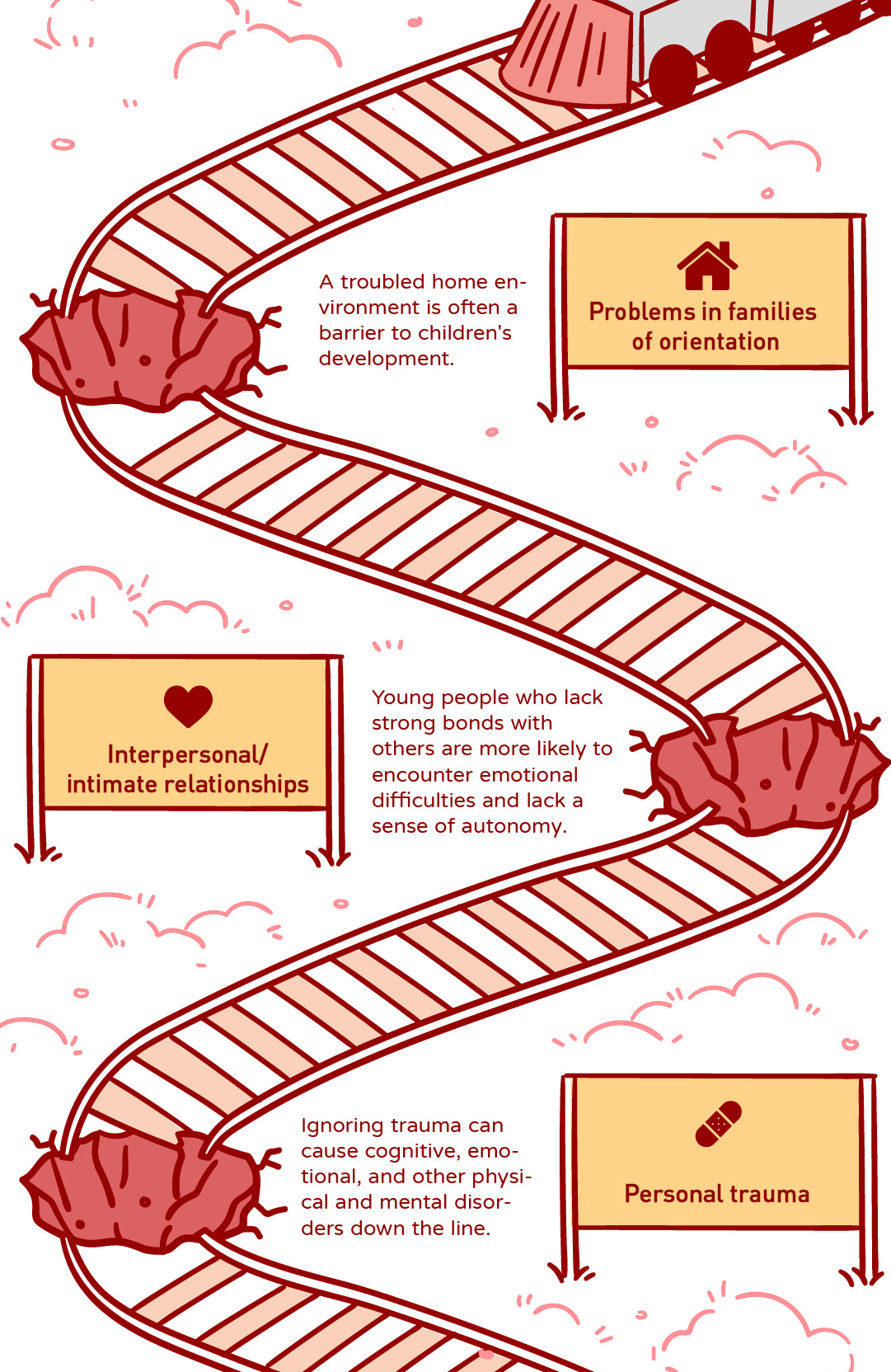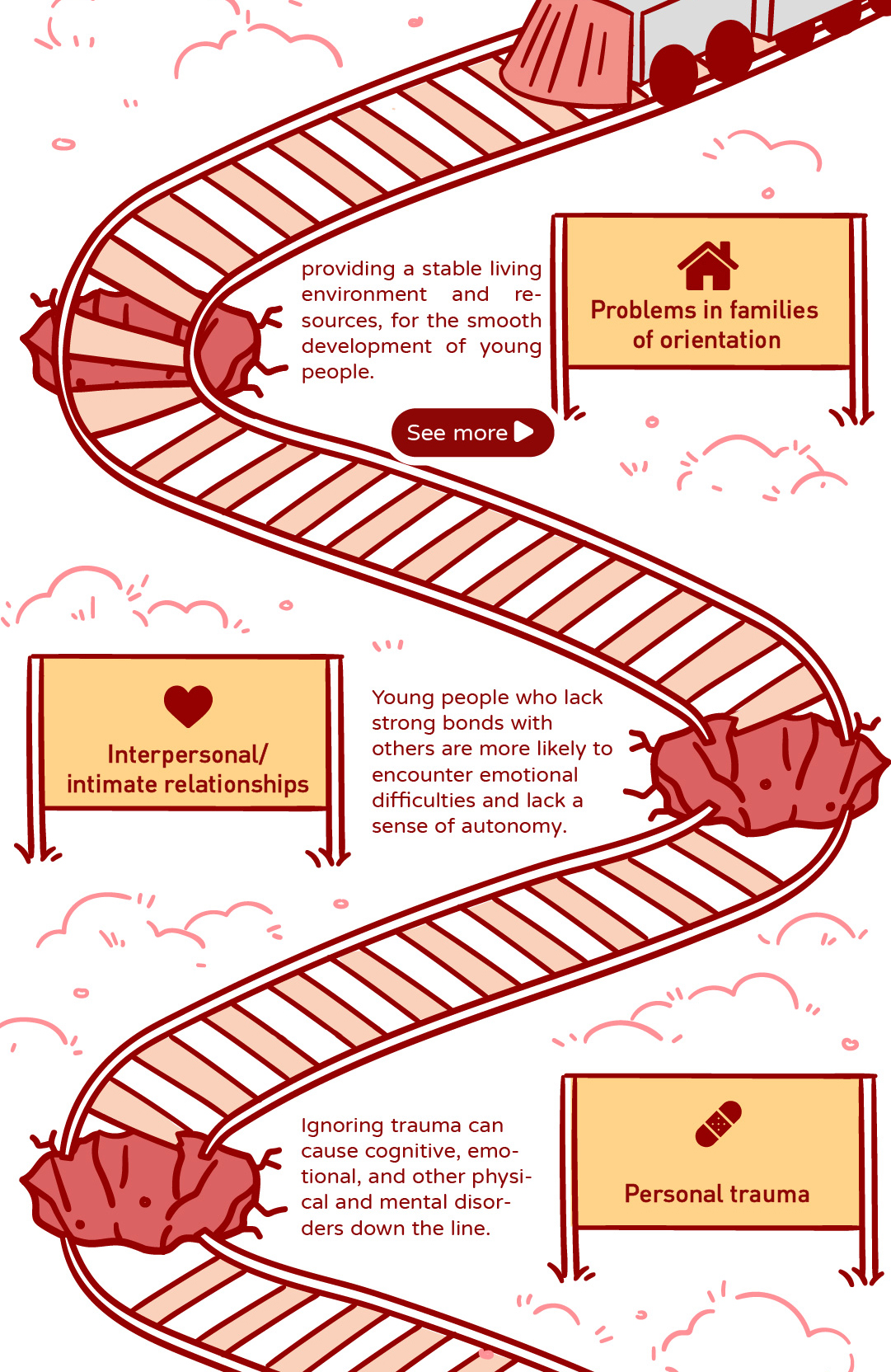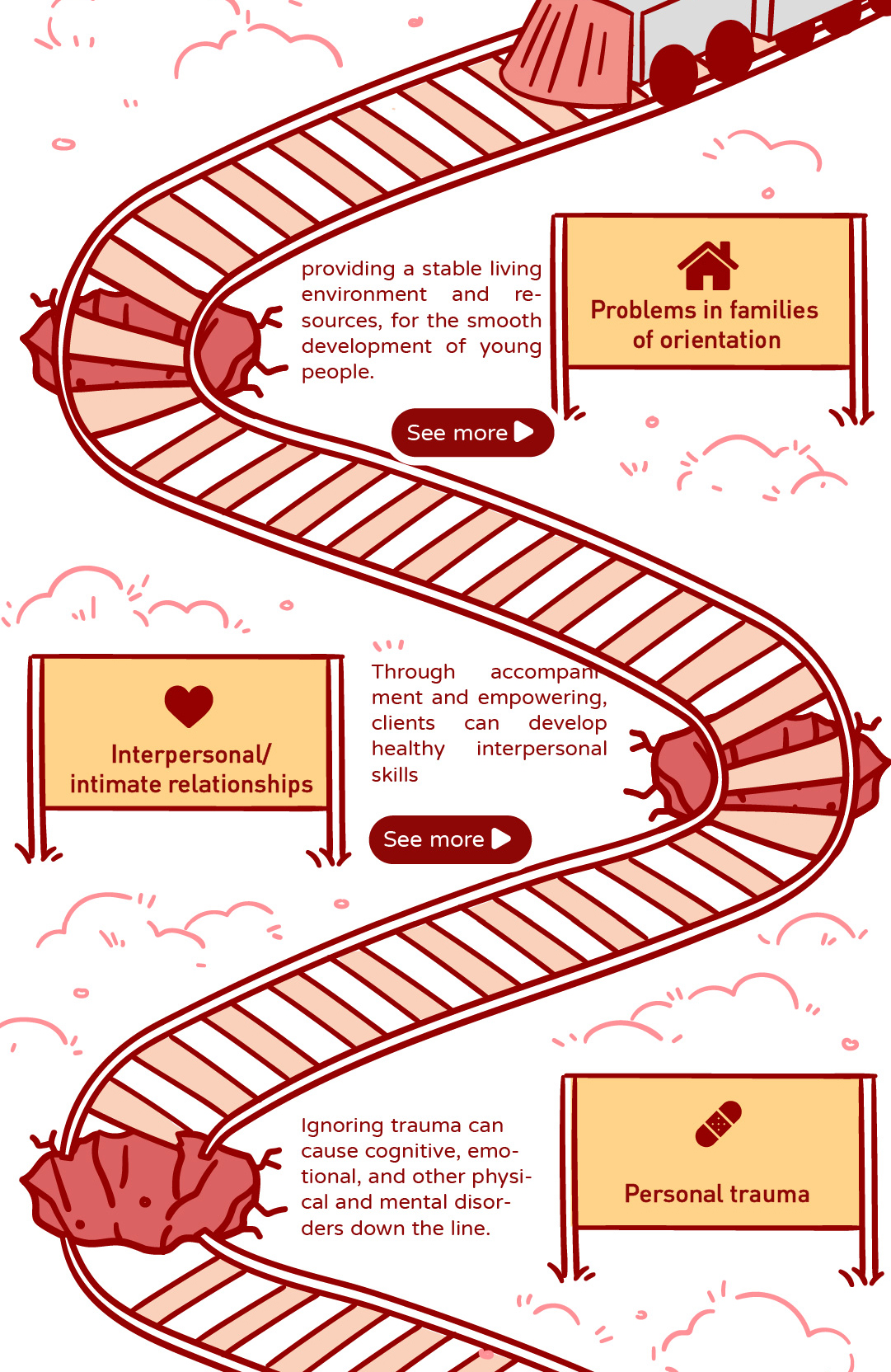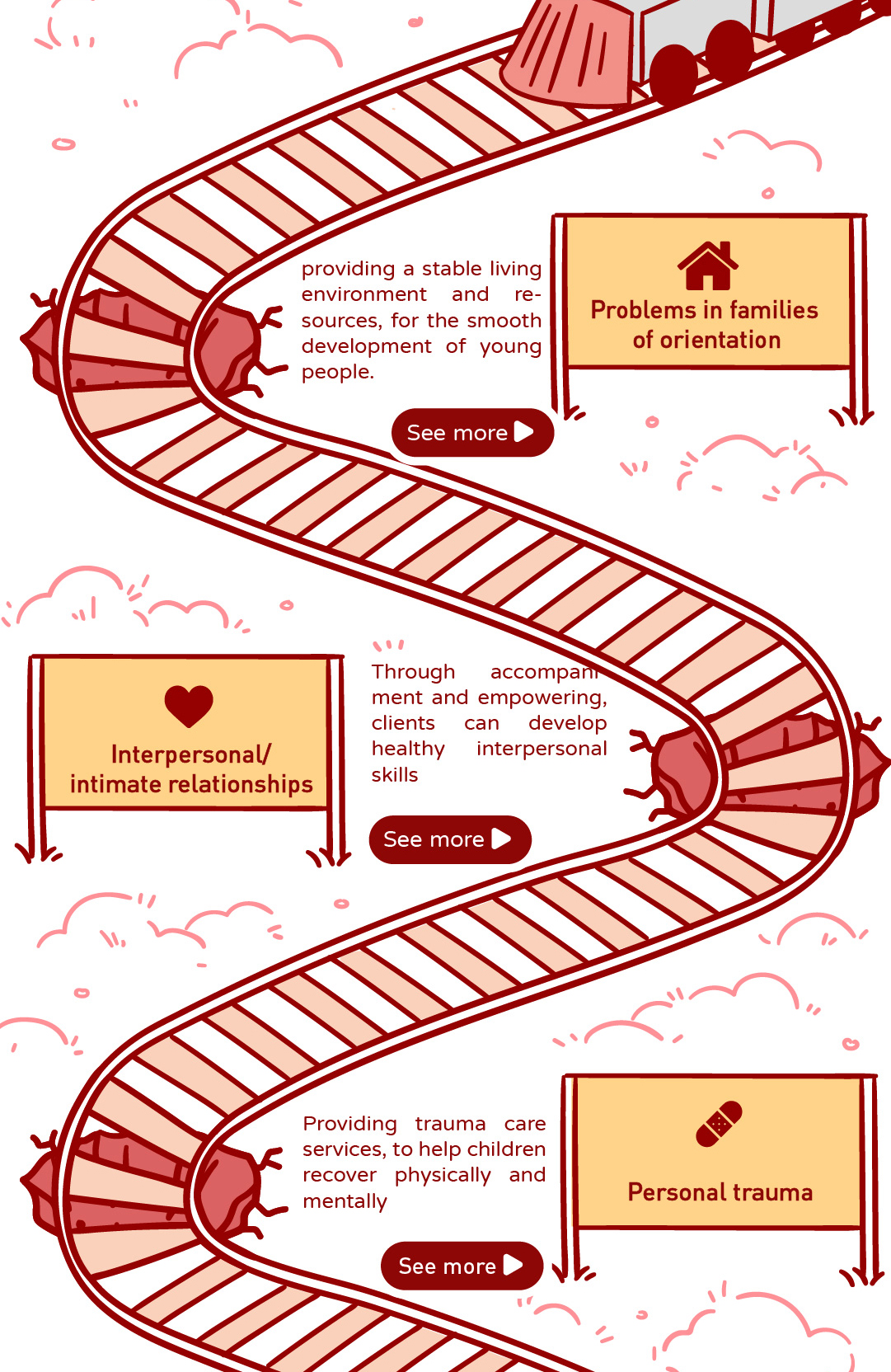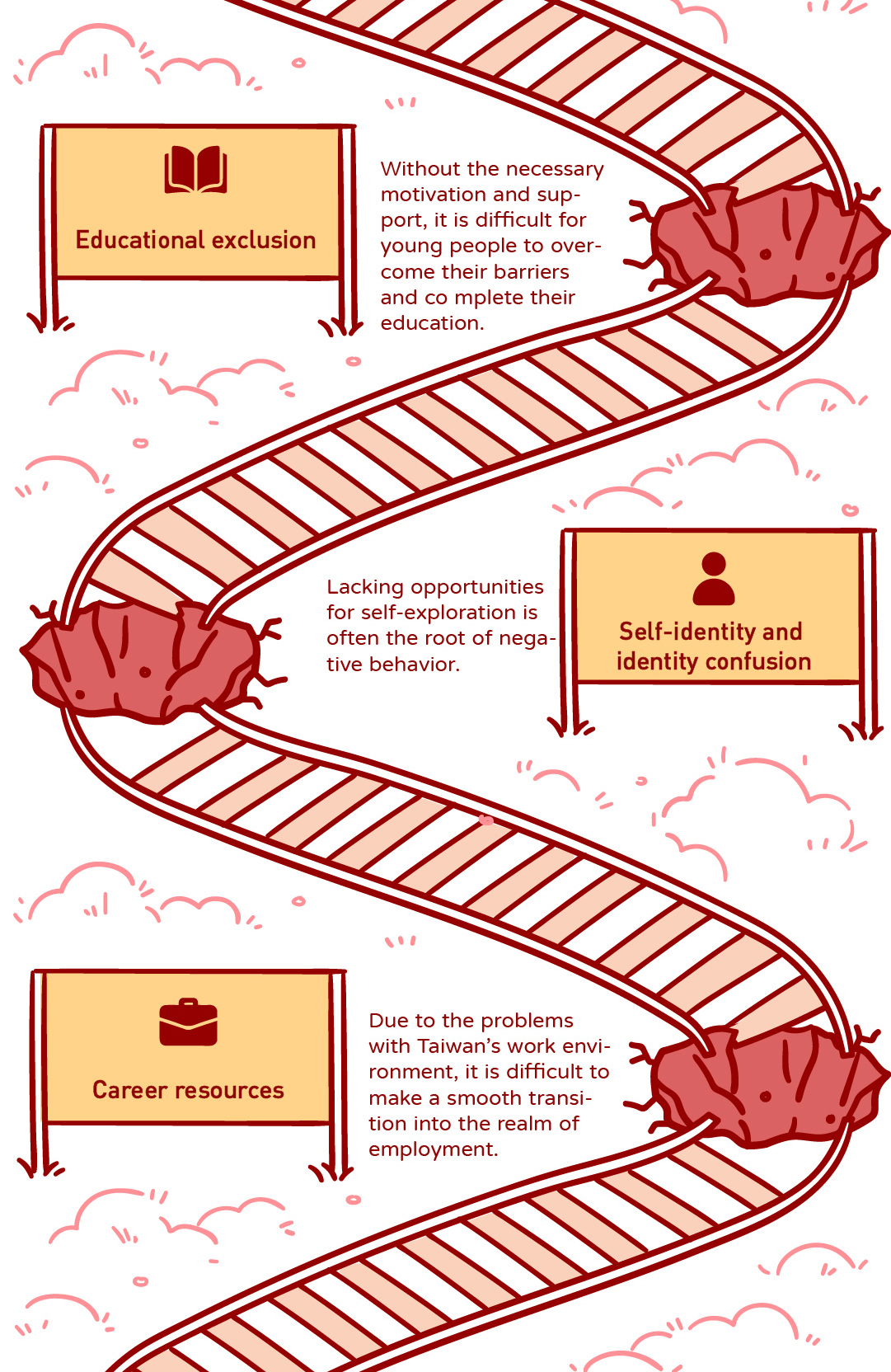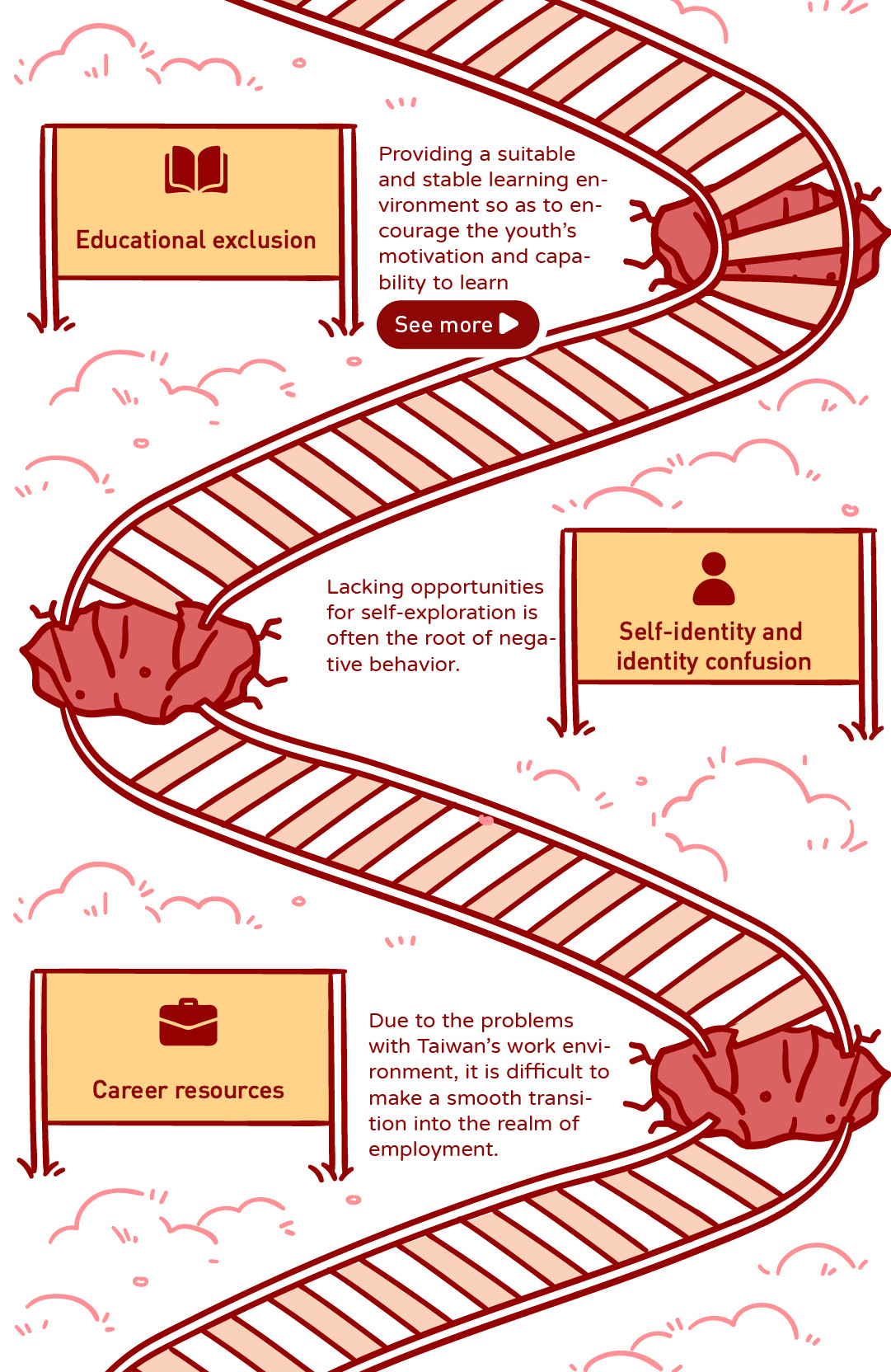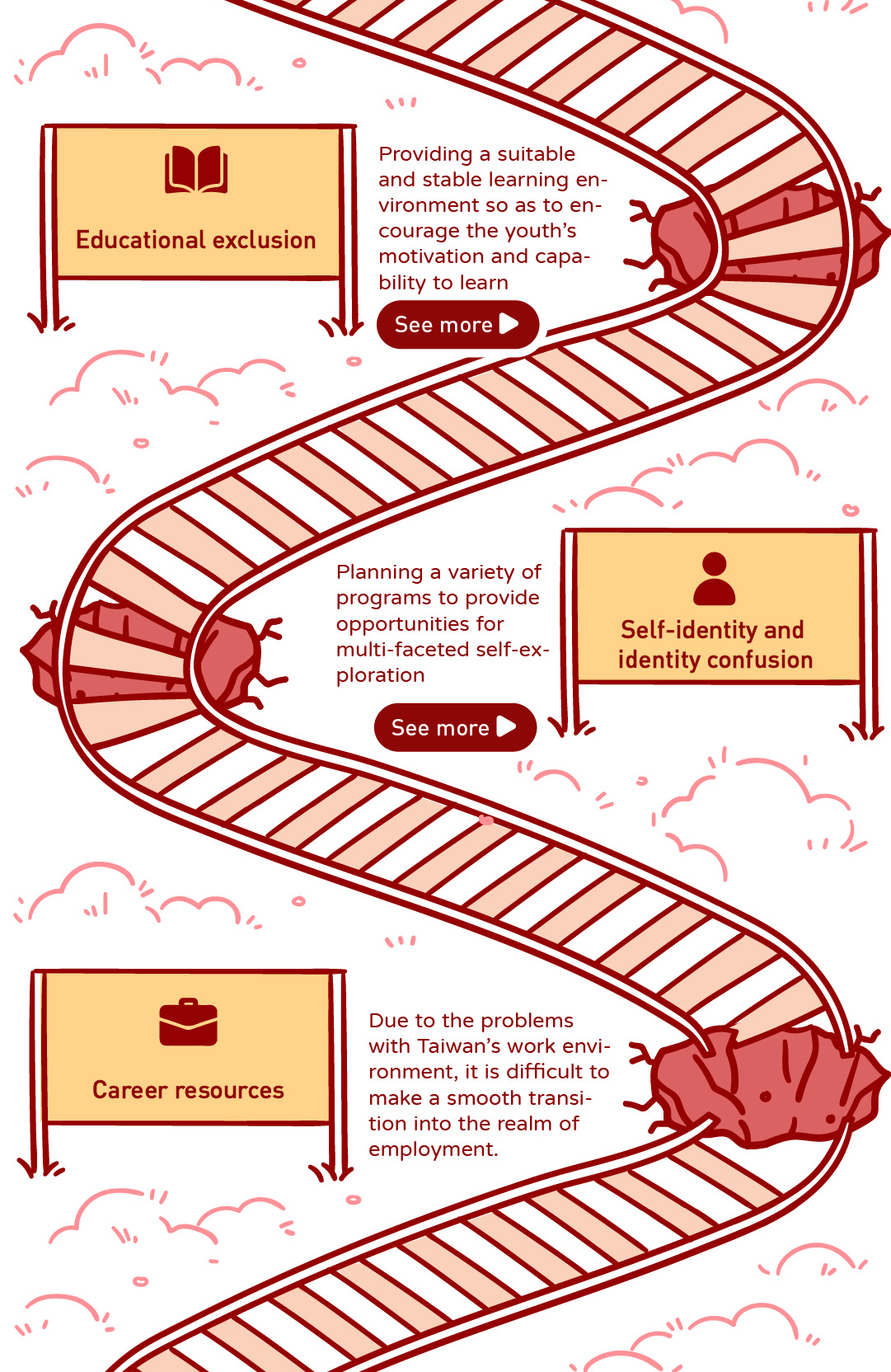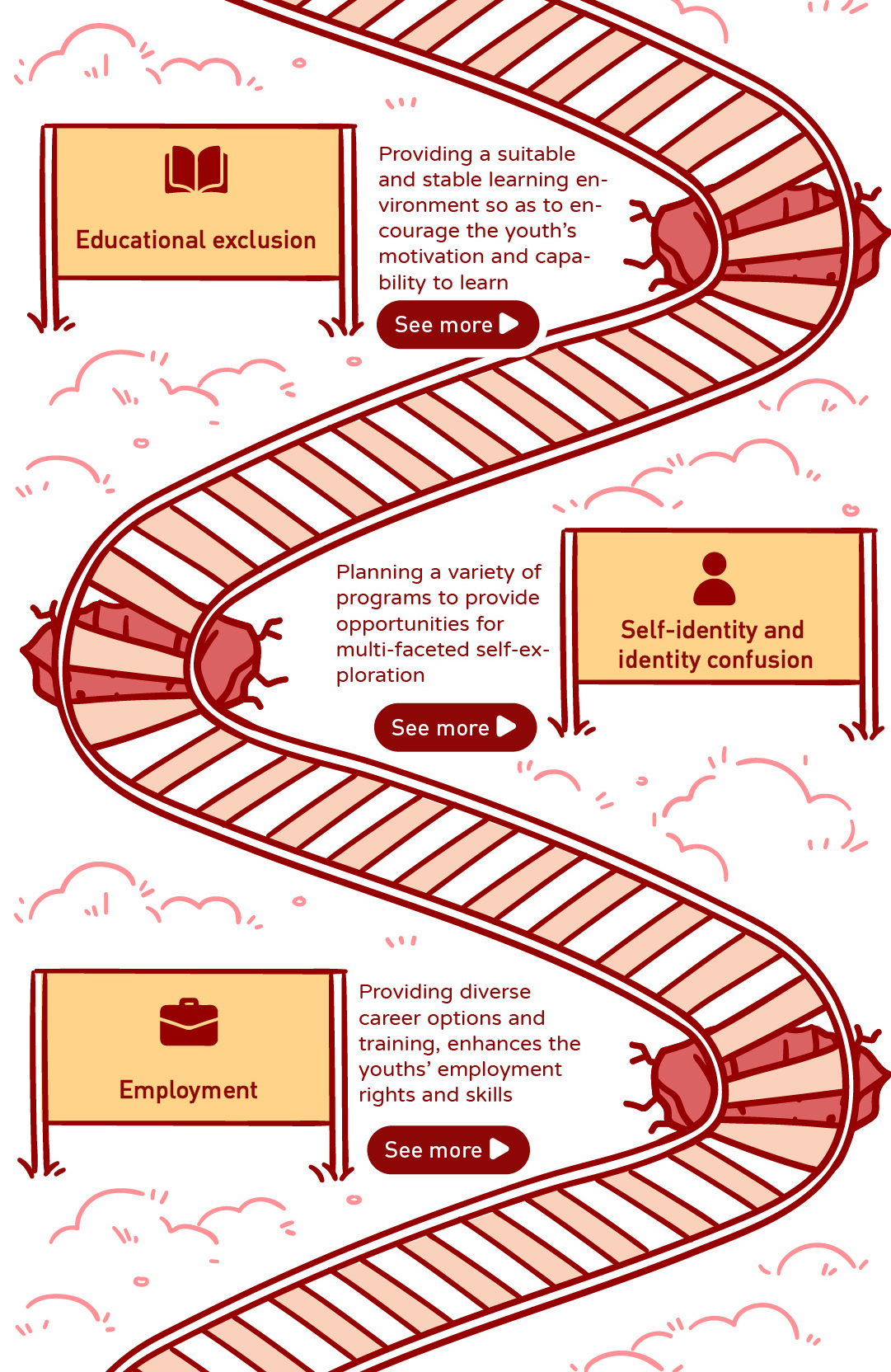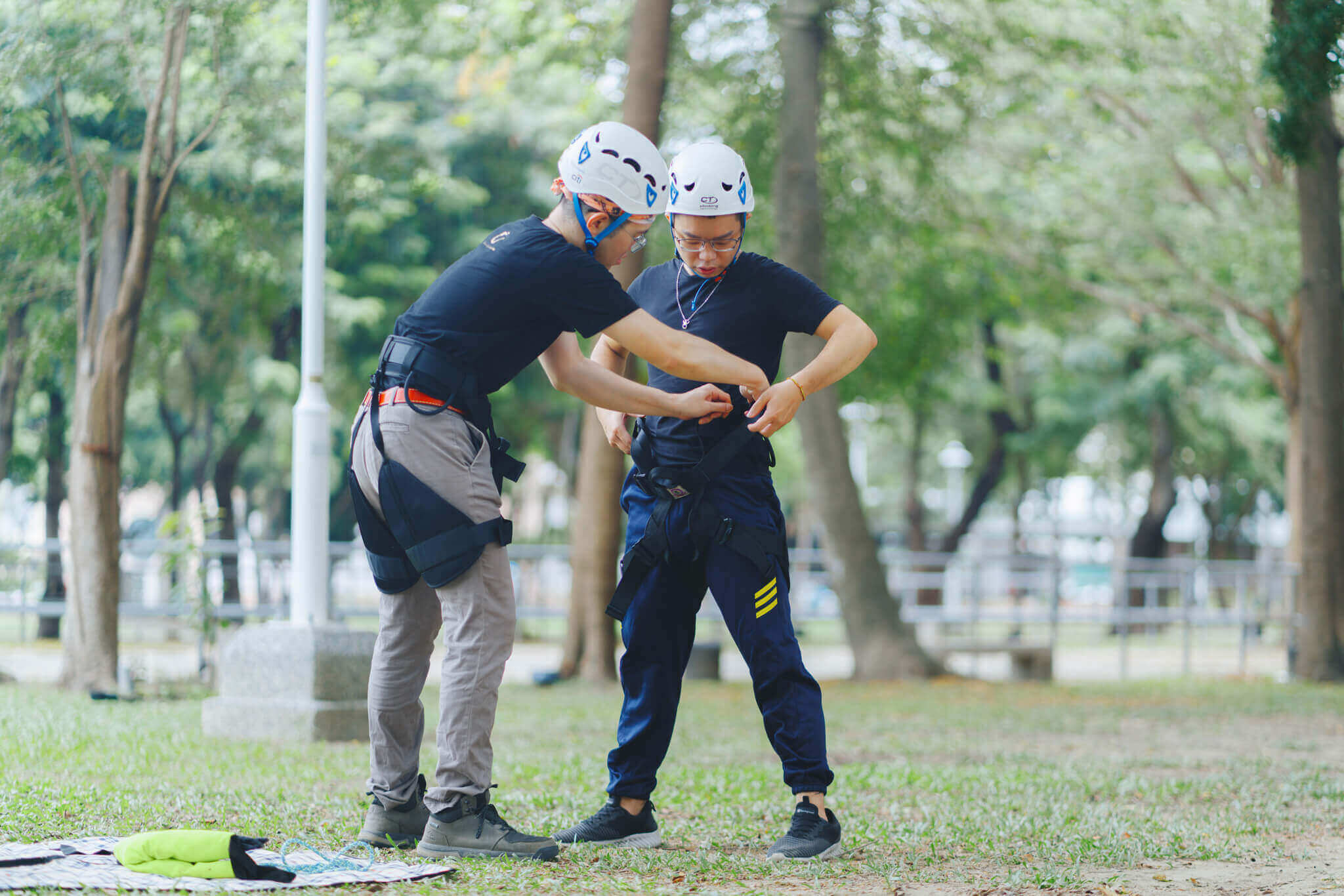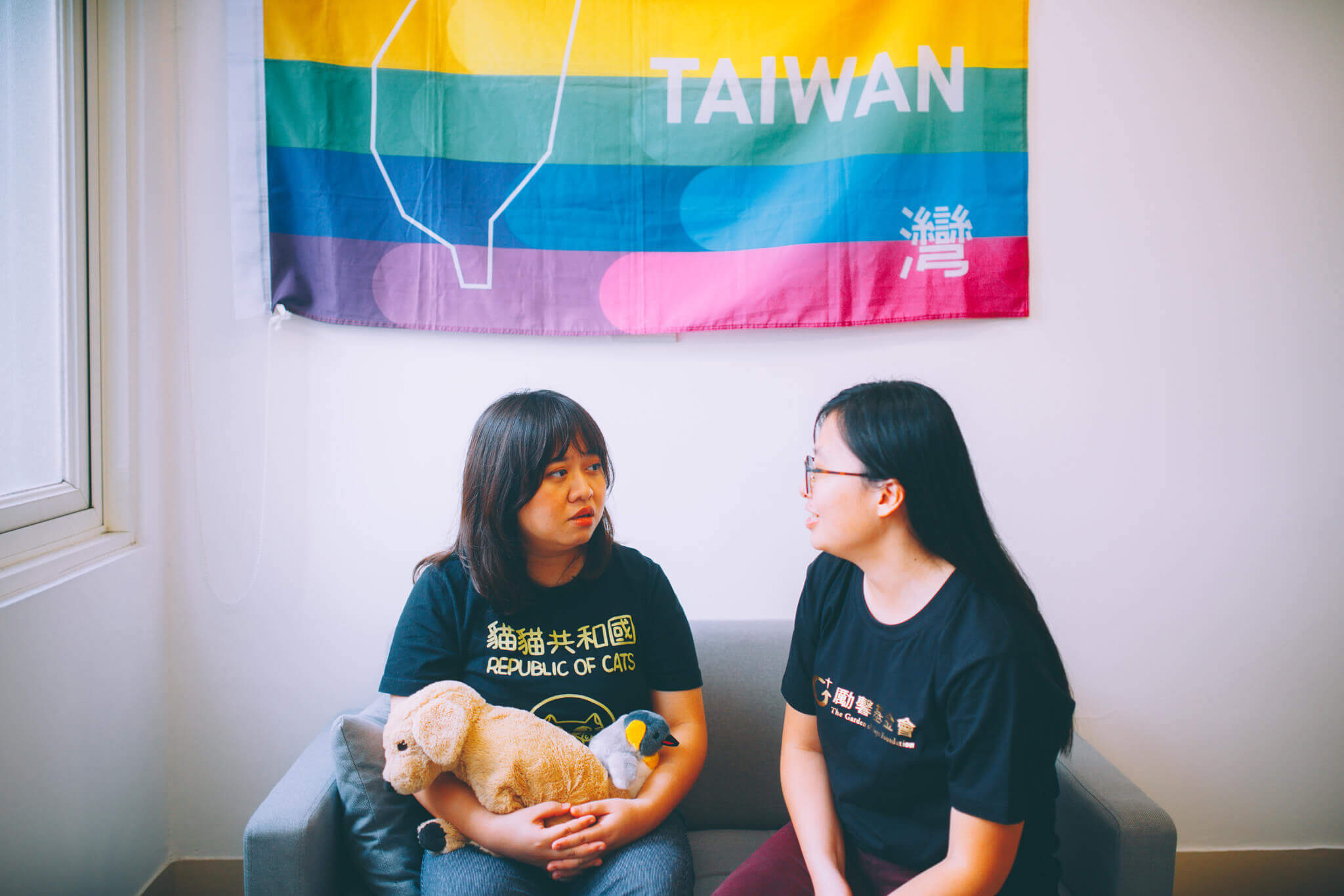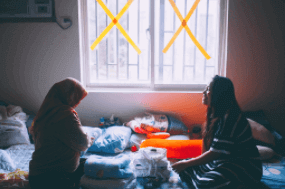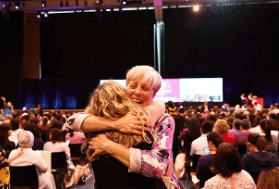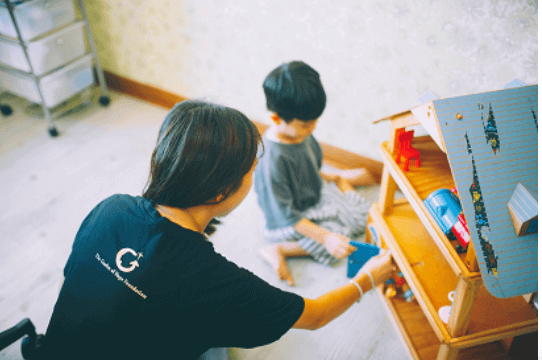Every year we have accompanied over a thousand disadvantaged youths as they weather life’s storms, freeing them from or reducing the negative impact of adversity.
65% of our sheltered youths have achieved their counseling goals, including enhancing their internal and external skills, obtaining a stable life, having an adequate support system, and being able to plan for life.
Upon completing our support programs, 74% of teen parents are able to plan ahead for life; 90% manage to achieve family planning autonomy, Every year we have accompanied over a thousand disadvantaged youths as they weather life’s storms, freeing them from or reducing the negative impact of adversity.
- Goals for the future
Goals for the future
Assist families in maintaining and restoring functional parent-child relationships
Each year, we expect to hold over 50 parenting skills events.
Over 70% of the children and youths we serve come from dysfunctional families. Other than economic pressure, violence, and sexual abuse, another major cause of dysfunctionality is troubled parent-child relationships.
Assist people in finding their self-worth and self-identity
Each year, we will organize around forty training events and continue to establish more Aher Gender and Sexuality Educational Centers.
We have found that young people can easily become too dependent in relationships. According to research, people aged 12-20 who are struggling with their identity are apt to lose their way.
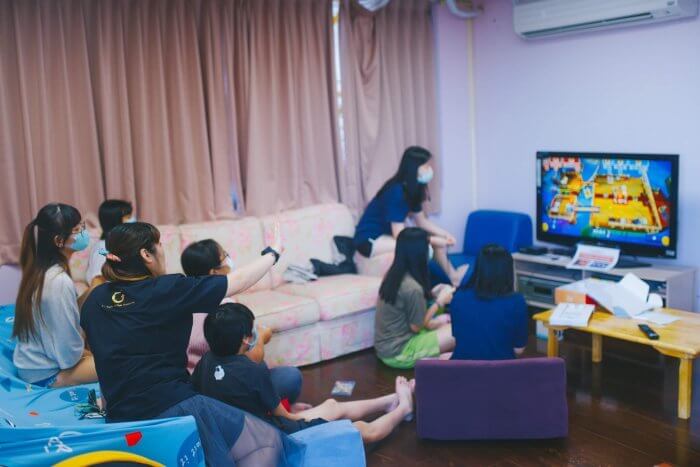
Continue our various advocacy efforts and develop our resources in each area
We will provide schooling assistance to around 8,000 children and plan to equip over 50% of our youth social workers with the ability to respond to and help traumatized children.
It is difficult to immediately discover and solve the problems that children face at school. More people with specialized training and the ability to provide long-term help are needed.
Provide comprehensive employment training for young people
We have so far helped around 700 young people find stable work by providing training courses, observational internships, and assistance with obtaining necessary licenses.
To help young people find stable work, we need to have a greater understanding of workplace environments and relationships and prevent workplace exploitation.

